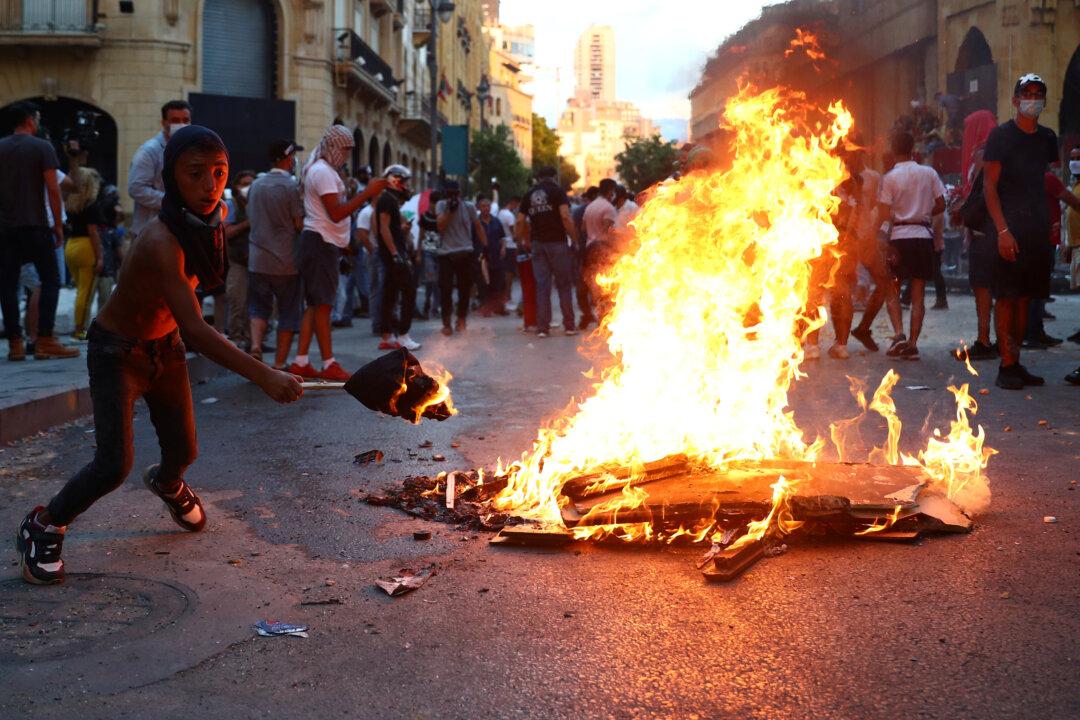The economy of Lebanon is seeing a once-in-a-lifetime collapse amid hyperinflation and outages, according to a report from the World Bank.
The small Middle Eastern country has seen inconsistent power supply and outages after the massive explosion in its capital, Beirut, last year. The country, which is also dealing with hyperinflation, is seeing one of the worst three economic depressions globally since the mid-1800s, according to the World Bank.





